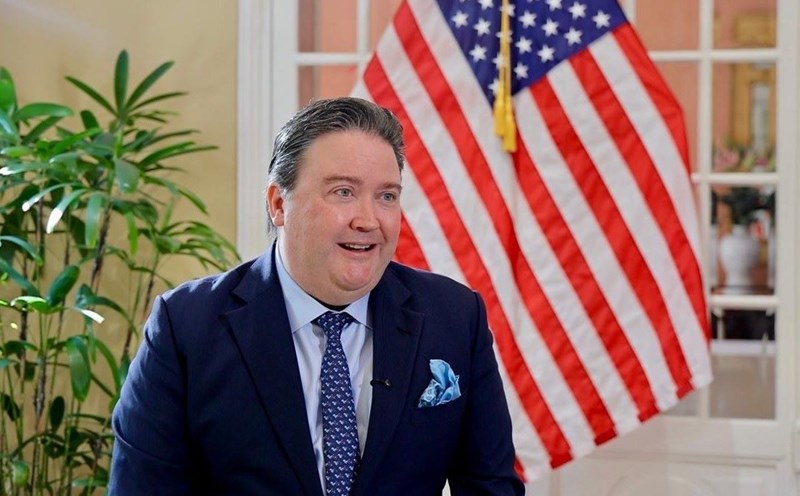The US State Department issued a warning to US embassies around the world, according to the revelations from internal memos published by the US press.
The incident began in mid-June when the subject used the Signal encrypted messaging app, registered an account with the fake address "marco.rubio@state.gov", then sent a text message and an AI-generated voice - accurately simulating Marco Rubio's voice and writing - to at least three foreign ministers, a US congressman and a state governor.
A US official said the messages were not too sophisticated and were not targeted. However, in a note sent to US Embassies, the State Department warned that the impersonation campaign does not directly harm the US State Department's cybersecurity system, but if the deceived believe it is true and share the information with third parties, that information is at risk of being leaked.
US State Department spokeswoman Tammy Bruce confirmed the incident on July 8, saying the department is monitoring and handling the issue. We take our responsibility to protect information seriously and constantly improve our cybersecurity system to prevent future incidents, she stressed.
This is not the first time US authorities have faced AI abuse. In May, the Federal Bureau of Investigation ( FBI) warned against toxic subjects using AI- simulated voices to impersonate senior US officials. The warning came after White House chief of staff Susie Wiles' phone was hacked, leading to a series of fake calls and messages sent to her contacts.
This incident, although not causing serious consequences, raises great concerns about the loopholes that artificial intelligence technology can create in the field of diplomatic security.











